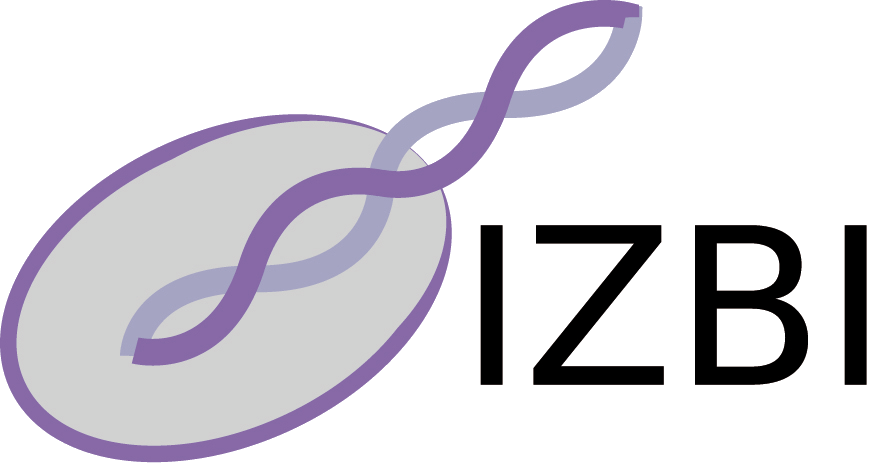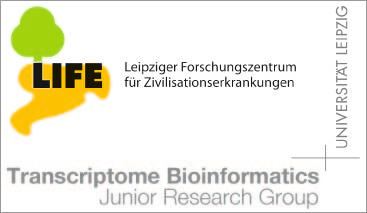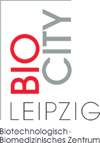Publications - Published papers
Please find below publications of our group. Currently, we list 565 papers. Some of the publications are in collaboration with the group of Sonja Prohaska and are also listed in the publication list for her individual group. Access to published papers ( ) is restricted to our local network and chosen collaborators.
If you have problems accessing electronic information, please let us know:
) is restricted to our local network and chosen collaborators.
If you have problems accessing electronic information, please let us know:
 ) is restricted to our local network and chosen collaborators.
If you have problems accessing electronic information, please let us know:
) is restricted to our local network and chosen collaborators.
If you have problems accessing electronic information, please let us know:©NOTICE: All papers are copyrighted by the authors; If you would like to use all or a portion of any paper, please contact the author.
Molecular Evolution of the non-coding Eosinophil Granule Ontogeny Transcript
Dominic Rose, Peter F. Stadler
Download
Status: Published
Frontiers in Genetics, 2:69. Epub 2011 Oct 5
Abstract
<p>Eukaryotic genomes are pervasively transcribed. A large fraction of
the transcriptional output consists of long, mRNA-like,
non-protein-coding transcripts (mlncRNAs). The evolutionary
history of mlncRNAs is still largely uncharted territory.</p>
<p>In this contribution, we explore in detail the evolutionary traces
of the eosinophil granule ontogeny transcript (EGOT), an
experimentally confirmed representative of an abundant class of
totally intronic non-coding transcripts (TINs). EGOT is located
antisense to an intron of the ITPR1 gene. We computationally
identified EGOT orthologs in the genomes of 32 different
amniotes. We compiled 25 reliable orthologs from primates, rodents,
ungulates, carnivores, afrotherians, and xenarthrans but also provide
seven putative EGOT candidates from basal amniotes, such as opossum
or platypus. We investigate the EGOT gene phylogeny, analyse
patterns of sequence conservation, and the evolutionary conservation
of the EGOT gene structure. We show that EGO-B, the spliced isoform,
is present throughout the placental mammals, but most likely dates
back even further. We demonstrate here for the first time that the
whole EGOT locus is highly structured. It contains several
evolutionary conserved and thermodynamic stable secondary
structures.</p>
<p>Moreover, we characterize and unravel novel functional roles of a
hitherto poorly understood region that shows the highest sequence
conservation at the EGOT locus. It is located within the intron of
EGO-B. We show that it contains both a novel ITPR1 exon but also
conserved RNA secondary structures together with a conserved
TATA-like promoter element which is indicative of an independent
regulatory element.</p>
Keywords
EGO, EGO-A, EGO-B, EGOT, lncRNA, mlncRNA, long non-coding RNA, evolution.
Note
doi 10.3389/fgene.2011.00069















